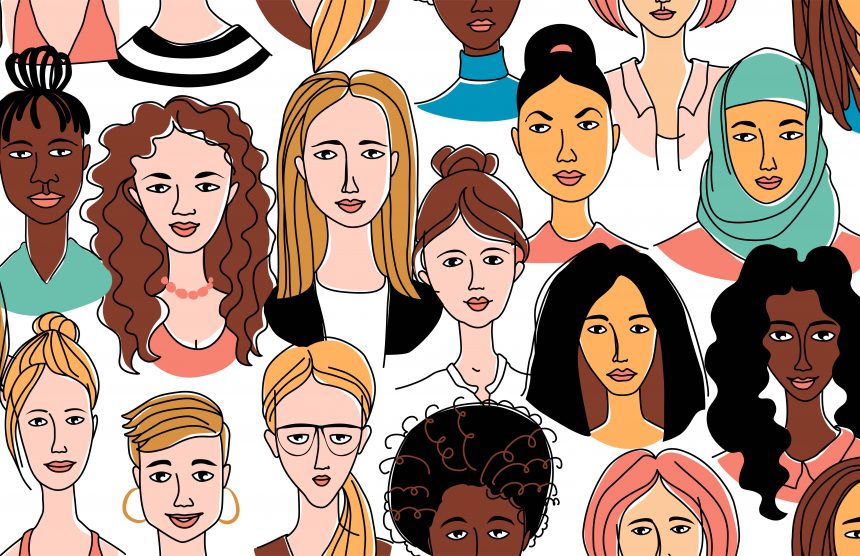From the Samaritan woman at the well to the Canaanite woman in Tyre, Jesus ministered to the marginalized. He humbled influential men and disdained societal establishments while lifting the outcast. No Christian can deny that God is on the side of the powerless.
But despite the murders recently committed, many Christians do not see that powerlessness based on racism is rife around us, that people of color are still marginalized in every part of our country. Even Salvationists must consider the possibility that they themselves harbor prejudices and stereotypes they don’t even realize are there.
How can Salvationist women respond to racism? In her book Waking Up White, Debby Irving writes: “I had assumed my daily experience was basically universal. People were mostly friendly, I felt mostly safe, and those with authority encouraged and supported me.” (p.70). Her illuminating moment was when she realized this was how the world treated her, but people of color did not share that reality. The first step toward fighting racism is acknowledging that white people and people of color do not experience the world in the same way.
Another key to fighting racism is allowing safe space for people to share their truth. Two offenses are common when the subject of discrimination arises: 1) people of color are told they are “overreacting;” 2) people who are not black or brown are treated dismissively when they don’t understand the ethnic experience. Both these reactions are in opposition to Romans 12:10: “Honor one another above yourselves.” How can we honor another person unless we put our preconceptions aside and truly listen—with open hearts—to what she has to say?
The Army and its soldiers can deal racism a hard blow by putting people of color in leadership at every level—from the most influential officers to the junior soldier sergeant. If diversity is not at the table where decisions are made, how can our Army understand the needs and perspectives of the American population? And without role models, how can we expect children of color to understand their own potential, and all children to learn respect for all people?
Salvationists often shy away from taking a political stand, but speaking out against racism and advocating for equality wherever we can isn’t political, it is spiritual. Racial inequality is antithetical to Scripture. We are people of love and equity. If there is reason to fear speaking out loud we must be bold anyway, confident in the presence and help of the Lord.
“Have I not commanded you? Be strong and courageous. Do not be afraid; do not be discouraged, for the Lord your God will be with you wherever you go.” Joshua 1:9 (NIV)

